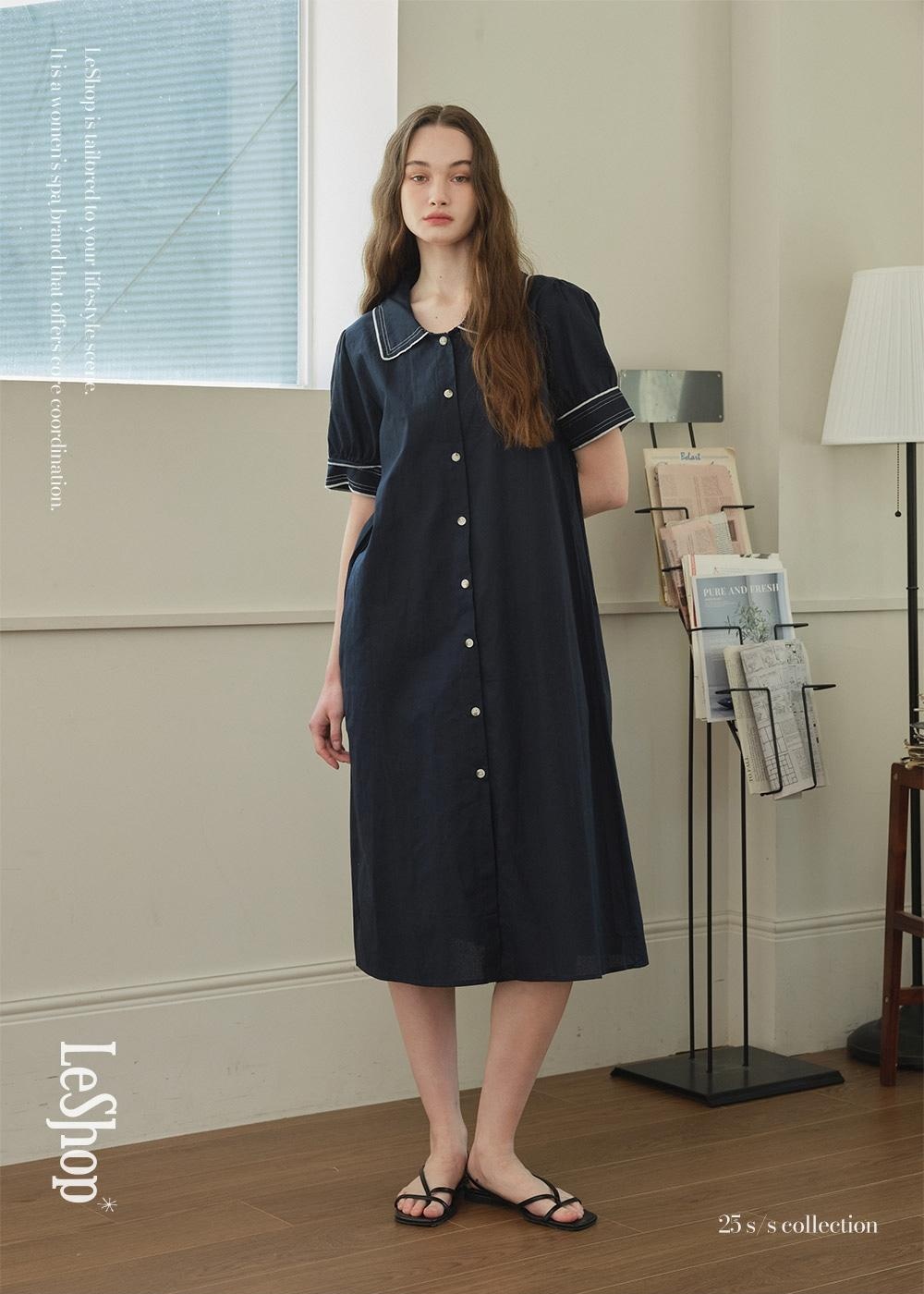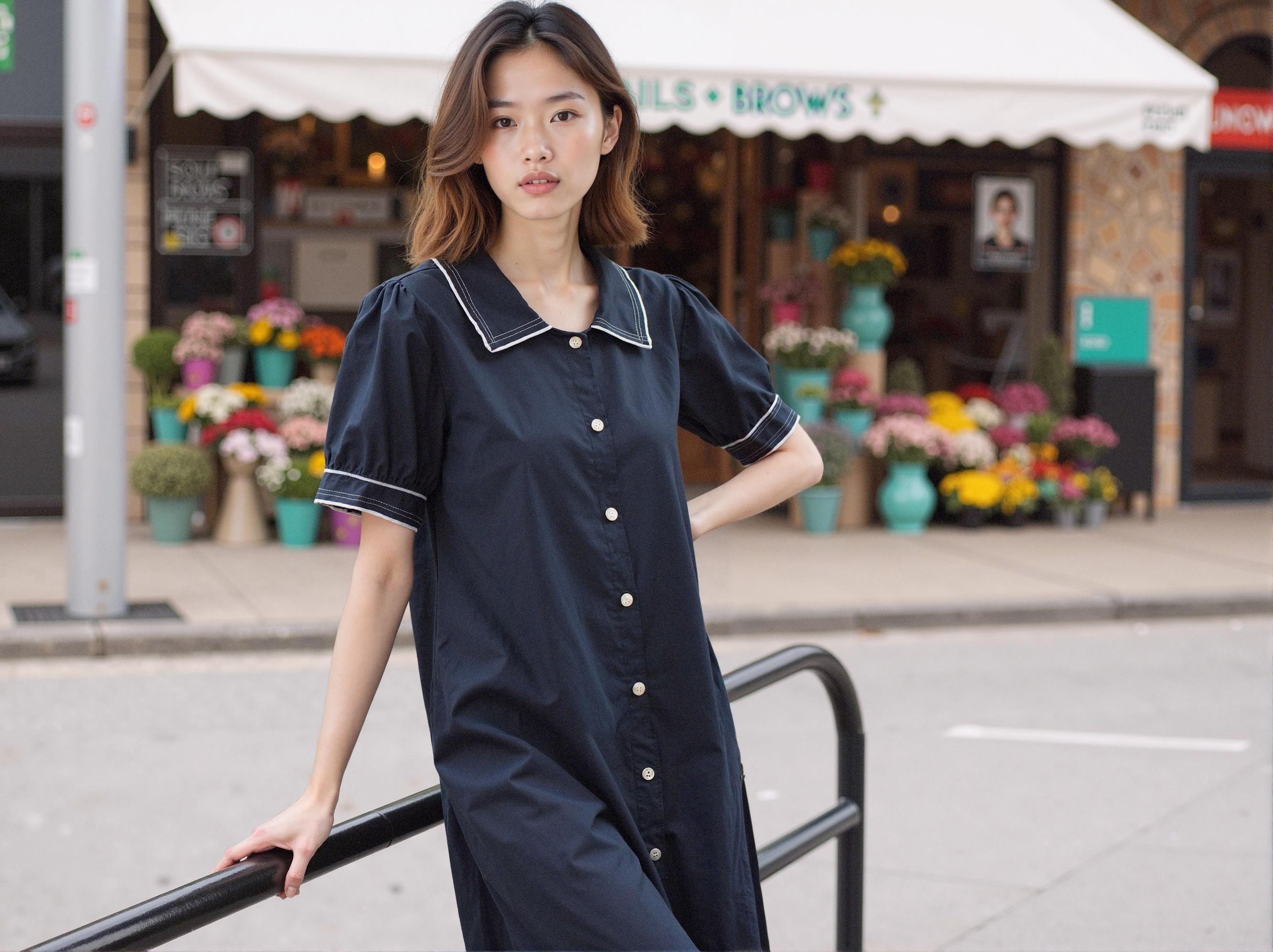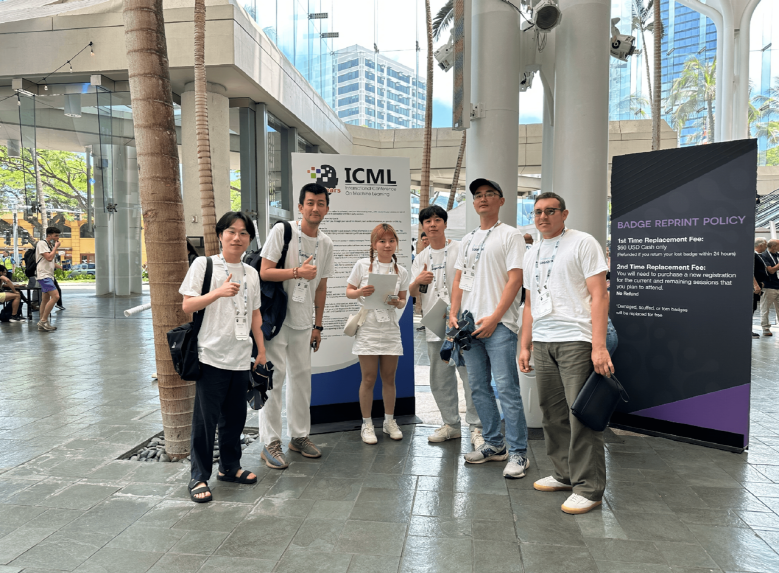The fashion industry is witnessing a revolutionary shift with AI-powered fashion photography emerging as one of the most significant technological breakthroughs. This innovative solution addresses traditional photography limitations while dramatically improving content creation efficiency for brands. In this comprehensive analysis, we examine the necessity and real-world impact of AI photography adoption through LeShop's collar dress as a practical case study.
The Reality of Content Creation Challenges in Fashion Industry
Today's fashion landscape faces mounting pressure from the increasing importance of digital marketing, creating substantial burdens for content creation. Visual content serves as a critical factor directly influencing consumer purchasing decisions, yet traditional production methods reveal significant limitations that hinder brand growth and market responsiveness.
Structural Limitations of Traditional Fashion Photography
Conventional fashion photography requires complex coordination involving model recruitment, studio booking, stylist collaboration, and photographer scheduling. Even for a single item like LeShop's collar dress, brands must invest in multiple shooting angles and concepts, typically requiring 2-3 weeks of production time and considerable financial investment.
These structural constraints make it challenging for brands to respond immediately to rapidly changing trends, often resulting in missed marketing opportunities and reduced competitive advantage in the fast-paced fashion market.




Paradigm Shift Brought by AI Photography Technology
LaonGEN and similar AI photography generation technologies fundamentally address these traditional production limitations. Real-world testing with LeShop's collar dress demonstrated that AI-generated images achieve quality levels virtually indistinguishable from studio photography, marking a significant milestone in fashion content creation.
Revolutionary Improvements in Time and Cost Efficiency
The most significant advantage of AI photography lies in dramatically reduced production time. While traditional workflows require 2-3 weeks, AI technology completes the same quality output in just 3 hours. Additionally, production costs decrease by over 80% compared to conventional methods, enabling brands to create more frequent and diverse content portfolios.


Strategic Reasons Why Brands Must Adopt AI Photography
1. Securing Competitive Advantage Through Market Response Speed
In today's accelerated fashion trend cycles, brand response speed determines competitive positioning. AI photography technology enables even timeless items like LeShop's collar dress to continuously create new appeal points by combining with various trends and styling approaches.
2. Maximizing Content Diversity and Scalability
A single product can generate diverse concept variations, background settings, and model combinations, significantly enhancing content portfolio diversity. LeShop's collar dress demonstrates this versatility by easily adapting to office wear, date night, and casual styling scenarios, contributing to target audience expansion.
3. Maintaining Brand Identity Consistency
Once an AI model is trained, brands can consistently maintain their unique mood and tone across all content. This consistency plays a crucial role in strengthening brand identity and improving consumer recognition and loyalty.
Practical Application Results and Performance Analysis
AI-generated images of LeShop's collar dress achieved quality levels nearly indistinguishable from actual photography. The deep navy color richness and crisp white piping details were accurately reproduced, confirming sufficient quality for product detail pages and social media marketing content applications.
The natural fabric texture representation and accurate garment fit visualization demonstrate AI technology's maturity in fashion content creation, providing brands with reliable alternatives to traditional photography workflows.




Future Prospects and Strategic Response in Fashion Industry
The fashion industry is transitioning from questioning whether to adopt AI photography to exploring effective utilization strategies. This evolution provides brands with enhanced opportunities for creative and diverse content creation while ultimately offering consumers richer information and shopping experiences.
Basic items like LeShop's collar dress now possess unlimited expression possibilities through AI technology, presenting new paradigms for brand marketing strategy development and customer engagement approaches.
Market Integration and Adoption Trends
Industry leaders are increasingly recognizing AI photography as an essential tool rather than an experimental technology. Early adopters report significant improvements in content creation velocity, cost management, and creative flexibility, establishing competitive advantages in their respective market segments.
The technology's ability to maintain consistent brand aesthetics while enabling rapid content iteration positions AI photography as a critical component of modern fashion marketing infrastructure.
Conclusion: AI Photography as Essential, Not Optional
AI photography technology has evolved from an optional tool to an essential component for fashion brands. Maintaining competitiveness and achieving growth in rapidly changing market environments requires proactive adoption and utilization of technological innovations. Success stories from brands like LeShop clearly demonstrate the practical benefits and effectiveness of AI photography technology, accelerating digital transformation across the entire fashion industry.
The evidence strongly suggests that brands delaying AI photography adoption risk falling behind competitors who leverage these technologies to create more engaging, cost-effective, and timely content that resonates with modern consumers.
Discovering Vintage Charm: WISHED Loose-fit Printed T-shirt Through LaonGEN AI Lookbook
Rediscovering Vintage Aesthetics in Modern Casual WearThe resurgence of vintage aesthetics in contemporary fashion has transcended mere trends to become a defining lifestyle statement. Printed t-shirts with distinctive character have emerged as cornerstone
blogen.laongen.com
Fashion Brands' New Product Content Routine: How It's Changing
The fashion industry is experiencing a rapid transformation in product content creation methods. Trendy brands like https://www.instagram.com/96newyork_official/" target="_blank" rel="noopener">96Newyork have completely changed how they showcase even a sin
blogen.laongen.com
Myungjuroo Long Dress: Revolutionary Fashion Photography Through LaonGEN AI
Brand Introduction: Myungjuroo's Identity and Long Dress Value PropositionMyungjuroo represents a contemporary fashion brand that understands modern women's lifestyles and responds with sophisticated design solutions. The featured long dress exemplifies th
blogen.laongen.com

